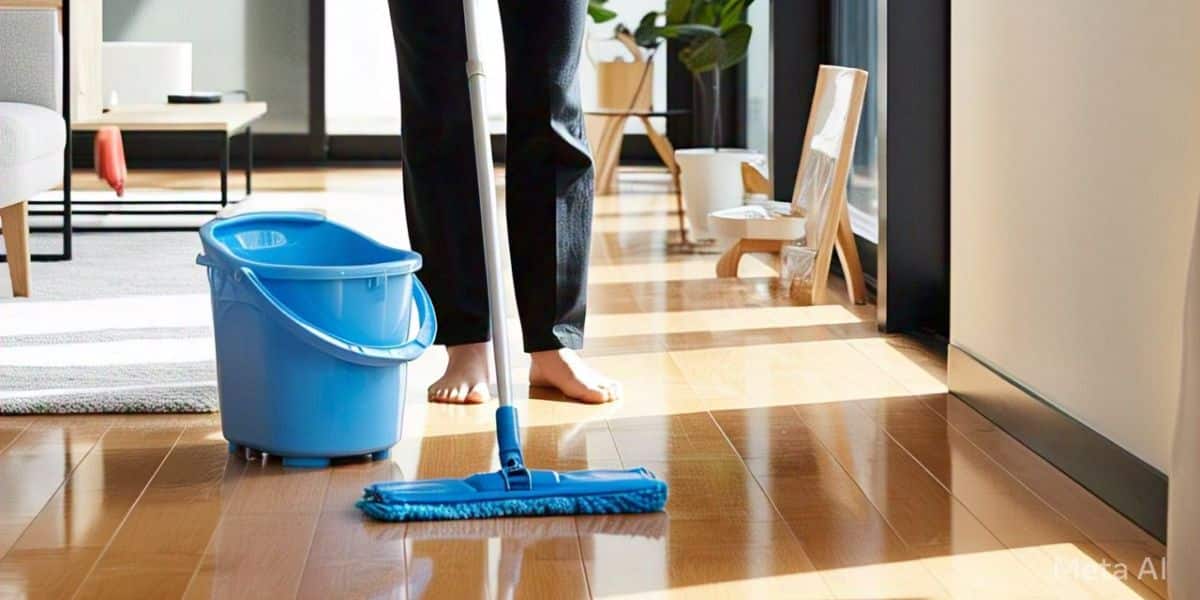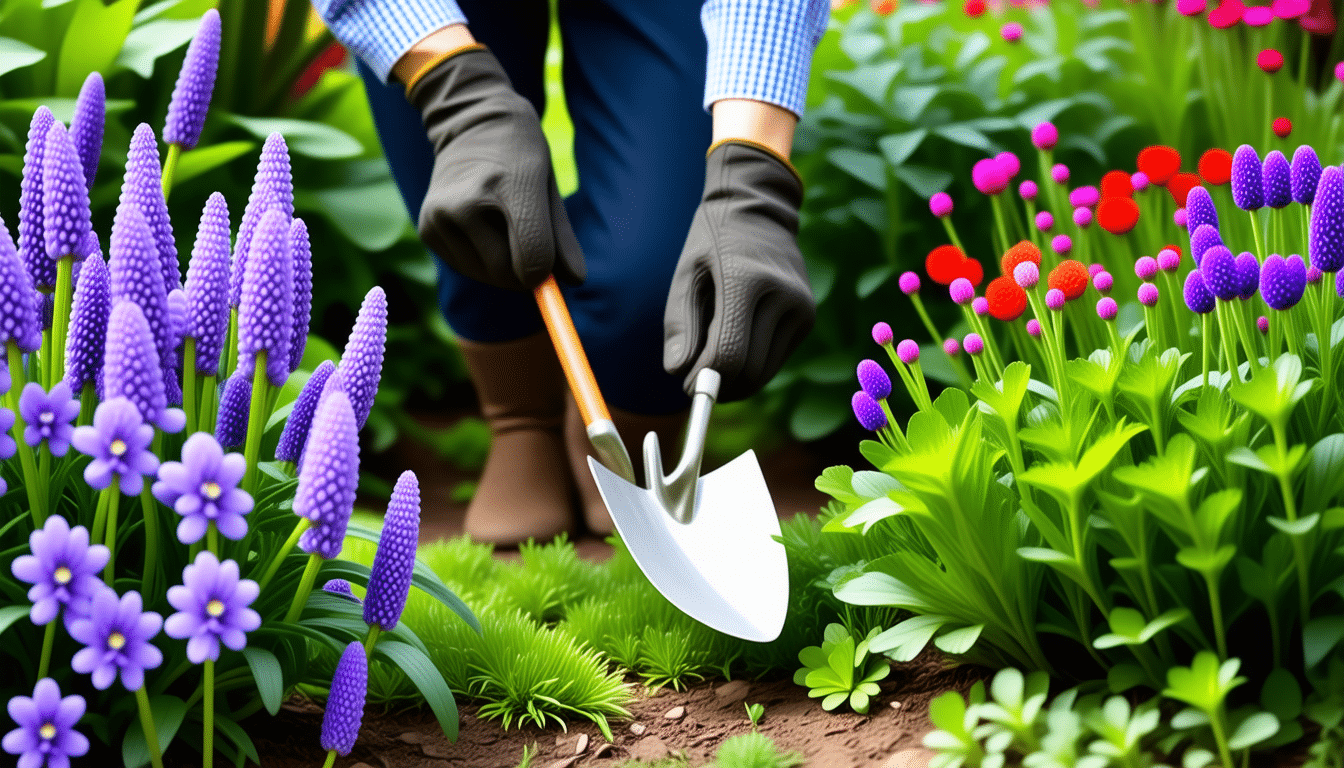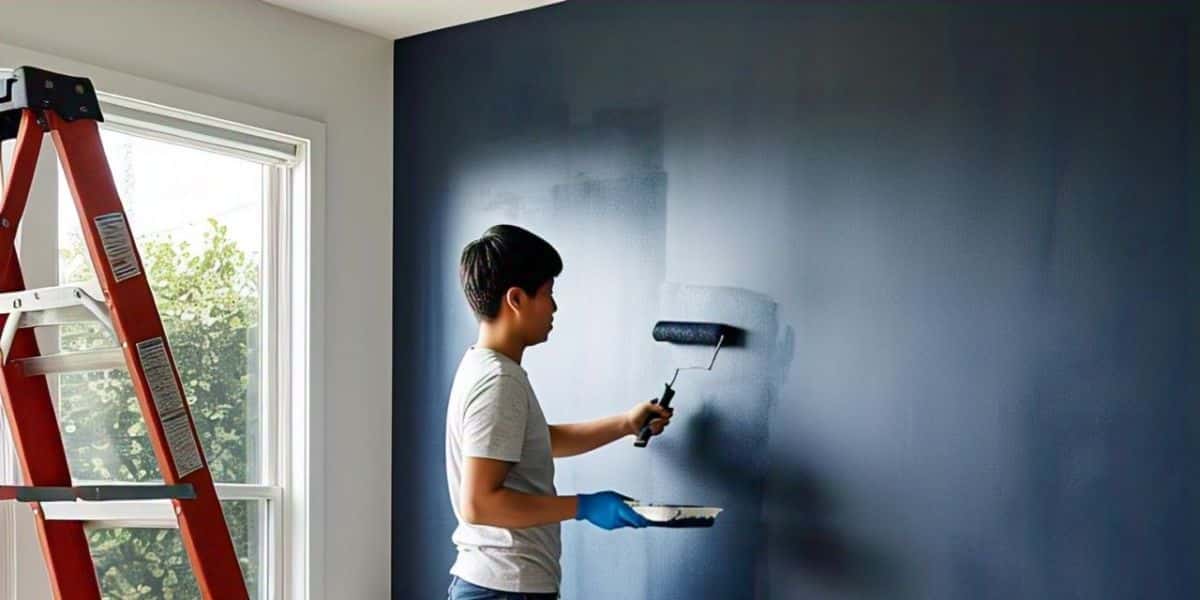Keeping your hardwood floors clean and shiny is essential for maintaining their natural beauty and longevity. However, many cleaning methods are not only ineffective but can actually cause more harm than good. Harsh chemicals, improper tools, and outdated advice often lead to dull finishes, permanent scratches, and warped boards. Understanding the proper techniques and using safe, natural products can help you avoid these common pitfalls. This article reveals the secrets to cleaning hardwood floors naturally, why so many traditional methods fall short, and how to maintain the stunning appearance of your wood flooring without resorting to harsh solutions.
Fun fact: The earliest known hardwood flooring dates back to the 1600s in France, where hand-scraped planks were used in Versailles and other royal palaces. Maintenance was already a concern—even back then, floors were waxed with natural oils!
✨ highlights to keep your hardwood floors looking flawless ✨
- 🚫 Discover the common mistakes people make when cleaning hardwood floors.
- 🌿 Learn about the best natural methods that won’t harm your floors.
- ⚠️ Understand why vinegar and acidic solutions can do more harm than good.
- 🧼 Find out how to maintain the longevity and luster of your flooring with ease.
- ✨ Unearth little-known tips for making your floors shine without harsh chemicals.
The natural way to clean your hardwood floors—without dulling their shine
The secret to naturally clean hardwood floors is simpler than most people think: use gentle, non-toxic products and avoid excessive moisture. Instead of reaching for chemical-heavy cleaners or soaking your mop, opt for time-tested natural solutions that nourish rather than strip the wood. With regular maintenance and the right techniques, your floors will maintain their brilliance and stand the test of time—without the need for synthetic polishes or aggressive scrubbing.
Why conventional cleaning advice could be damaging your floors
It’s a common misconception that stronger cleaners equal cleaner floors. In reality, many widely recommended cleaning agents can degrade the very surface they aim to protect. Take vinegar, for instance—while it’s a popular household solution, its high acidity can erode the protective finish on hardwood, leaving behind a dull, lackluster surface. Similarly, oil-based products might temporarily boost shine but often leave a slick, slippery film that builds up over time and attracts dust. These methods may seem effective at first glance, but they often mask deeper issues while accelerating wear and tear.
Common mistakes to avoid when cleaning hardwood
Maintaining hardwood floors involves more than just running a mop over them. These frequent missteps can seriously undermine your efforts and cause lasting damage:
- Too much water: Moisture can seep into joints and cracks, causing swelling and warping over time.
- Skipping the sweep: Failing to dust or vacuum before mopping can grind dirt into the wood, creating fine scratches.
- Abrasive tools: Steel wool, hard brushes, or stiff pads can strip away the protective finish, exposing raw wood to damage.
- Product overload: Applying too much cleaning solution can result in sticky buildup or cloudy residue that dulls the finish.
Safe, natural solutions that really work
Natural doesn’t have to mean ineffective. In fact, some of the best ingredients for wood care are already in your kitchen. For example, using about two cups of brewed black tea (cooled) on a microfiber cloth can gently lift grime while leaving behind a subtle sheen thanks to the tannins in the tea. Another tried-and-true method involves mixing a small amount of olive oil with freshly squeezed lemon juice—this not only cleans but also conditions the wood, restoring a healthy glow without any synthetic residue. Be sure to apply these mixtures with a well-wrung cloth and never soak the floor directly.
FAQ
What is the best homemade cleaner for hardwood floors?A blend of cooled brewed tea combined with a touch of olive oil and lemon juice makes a powerful yet gentle cleaner that removes dirt and enhances shine without damaging your floor’s protective finish.Why should I avoid vinegar on my hardwood floors?Though vinegar is often recommended as a natural cleaner, its acidity can erode the polyurethane or wax finish over time, leaving the wood vulnerable and dull.How often should I clean my hardwood floors?Dust or sweep several times a week to prevent scratches, and perform a deeper clean every few weeks using a natural, wood-safe cleaner. The key is consistency and gentleness.Can I use a steam cleaner on hardwood floors?Generally, steam cleaners are not recommended. The high heat and moisture they produce can cause warping, cupping, and damage to the finish, especially on older or poorly sealed floors.
Preserve your floors and their natural glow
Taking a mindful, natural approach to hardwood floor care can dramatically extend their life and appearance. By avoiding harsh chemicals, limiting moisture, and using simple, homemade solutions, you not only protect your investment but also promote a cleaner and healthier home environment. Let your floors shine the way nature intended—without synthetic shine enhancers or acidic shortcuts. Looking for more tips on home care, smart cleaning techniques, and décor ideas? Don’t forget to check back soon for the latest updates and expert insights!





